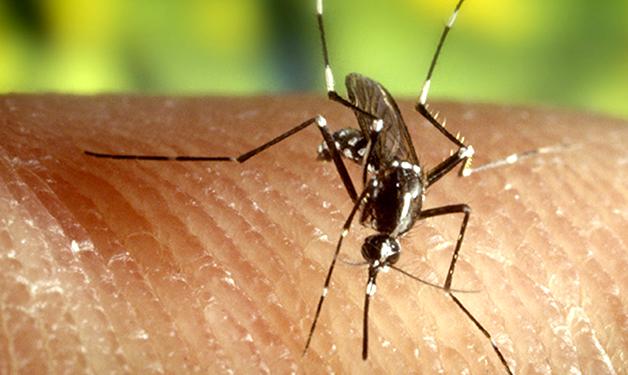
News Release
A drug created from a malaria protein stopped tumour growth of chemotherapy-resistant bladder cancer, offering hope for cancer patients not responding to standard treatments.
“This is the first study where we put the concept of using malaria proteins for cancer therapy into a direct clinical context,” said Mads Daugaard, an assistant professor of urologic science at the University of British Columbia and a senior research scientist at the Vancouver Prostate Centre and the Vancouver Coastal Health Research Institute. “There is a massive clinical need to find new treatments for bladder cancer and we saw an opportunity to target this disease with our new malaria drug.”
The study advances previous research that showed that a protein from the malaria parasite, called VAR2CSA, could target a wide range of cancer tumours.

In the new research, highly aggressive bladder cancer tumours that were completely resistant to chemotherapy were implanted in the bladder of mice. The researchers then tested whether the malaria protein could deliver drugs directly to tumours. They found that the tumours responded dramatically to the malaria drug combo.
Eighty per cent of the treated animals were alive after 70 days whereas all the other animals, in three different control groups, succumbed to bladder cancer.
Bladder cancer is the fifth most common cancer and the most expensive cancer to manage on a per patient basis. Currently, there is only one line of chemotherapy used for invasive bladder cancer and there have been few advances in finding new treatments in the past 20 years.
“Chemotherapy is the mainstay of treatment and only a minority of patients respond to the second treatment option, immunotherapy,” said Daugaard. “We’re very excited by these results because it shows that we are on our way to developing a completely new treatment option for lethal bladder cancer. It has the potential to have a tremendous impact on patient care.”
In previous studies, Daugaard and his colleague Ali Salanti, at the University of Copenhagen, established that the VAR2CSA protein could be used to deliver cancer drugs directly to tumours because it binds to a sugar molecule that is found only in cancer tumours and the placenta of pregnant animals.
These latest findings demonstrate that the same sugar is expressed in bladder cancer and is especially abundant in tumours that progress after being treated with the standard chemotherapy drug cisplatin.
The researchers’ next steps are to design a process that could see the VAR2CSA drug combination manufactured on a larger scale to begin clinical trials. This is being led by Daugaard and Salanti through their startup company VAR2 Pharmaceuticals.
The study was published earlier this week in the journal European Urology: http://www.europeanurology.com/article/S0302-2838(17)30232-4/fulltext


